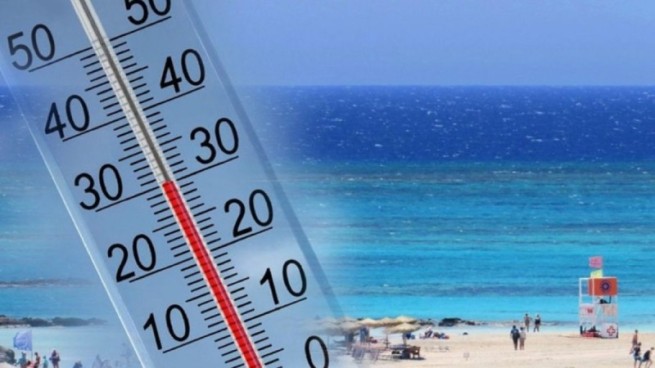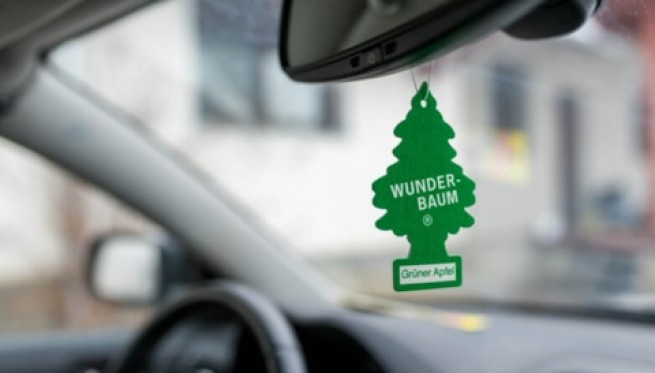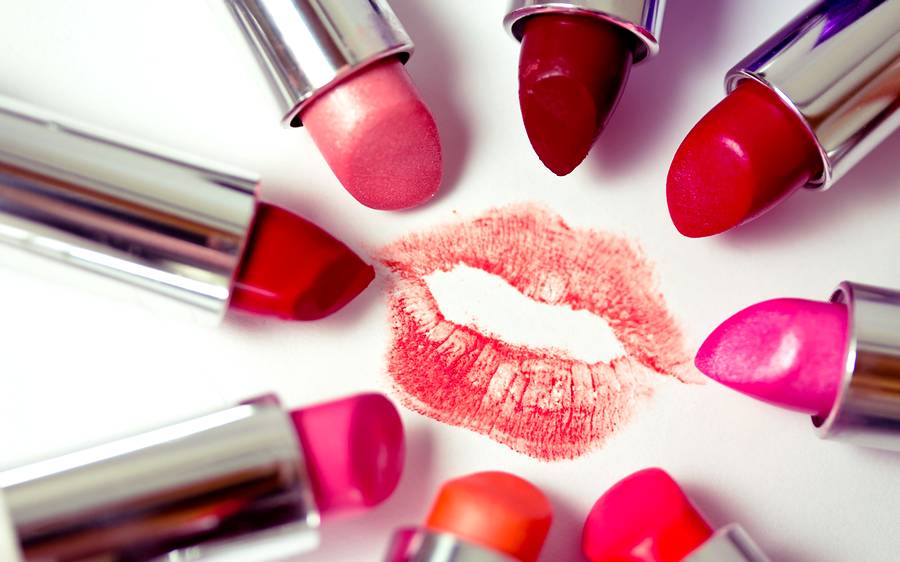Inflation has forced most Americans to use their… creative imagination to survive.
According to a poll by The Harris Poll, more than 8 out of 10 have adjusted their budget to new data to save costs, according to a report by The Barron’s. The methods are more or less the same as those “written in the DNA” of the Greeks: they trade wherever possible to reduce the price, look for cheaper stores, replace branded goods with fakes (fakes), which are much cheaper. And indeed, thisthe trend is likely to continue as long as inflation remains at unfamiliar levels for US consumers.
At the same time, however, the conclusion of the study that more than half of respondents prefer to cut spending on daily needs in order to afford to splurge from time to time. 54% of respondents answered that succumbed to the temptation of profligacy in a challenging 2023. Mostly this answer came from millennials.
Millennials are the generation of people born roughly between 1981 and 1996. They are also called Generation Y, Millennial Generation, Next Generation, or Network Generation. They entered the new millennium at a young age, are characterized by deep involvement in digital technologies and differ from previous generations in their values, communications, culture and style of work (earning money).
Polls have characterized dual budgeting where, on the one hand, you deprive yourself of what you need, and on the other, you seem to spend money on smaller or larger luxuries.
This trend is known as the “lipstick effect”. The term was coined by economics and sociology academic Juliet Shor in her book he Overspent American, first published in 1997, which speaks of the need for people in conditions of deprivation to allow themselves to be pampered with something pleasant, which is perceived as luxury.
The expert specifically mentioned women who make small “luxury” purchases (a trifle, but nice!), such as lipstick, which, on the one hand, does not burden the family budget, and on the other hand, gives a false feeling that they have done what something good for “myself, my beloved.”
This phenomenon is reflected in studies showing that lipstick sales tend to increase during a recession, even when consumer spending on a number of other products declines. “People want to live again [после пандемии]” says Wendy De La Rosa, professor at the Wharton School of the University of Pennsylvania, which focuses on the science of behavior and the impact on consumer financial well-being.
“It’s amazing and exciting to see how Americans are consciously balancing their spending, making deliberate choices to cut back on the essentials and indulge in luxuries that bring them joy,” Abby Lunney of the company that conducted the survey.
In addition, many categories of spending that are considered “luxuries” in everyday life, including personal care products, beauty products, travel, entertainment, have increased since the pandemic. And this was facilitated by the increase in wages, which over the past two years have increased in the US by 10.7%.
Cosmetics sales have grown by about 4% annually over the past three years, and McKinsey predicts they will grow by 6% annually over the next five years.
“With consumers paying more attention to their mental well-being than ever, beauty products are delivering benefits,” Larisa Jensen, chief executive of Circana, said at a recent event.

However, travel and entertainment, which are more expensive “pleasures”, show the same trend. According to a Deloitte report released in May, half of Americans plan to spend their summer vacation this year staying in a hotel or other rental property. In addition, the ticket company Live Nation Entertainment expects that Attendance at concerts and events in 2023 will exceed last year’s figure.
It is perhaps no coincidence that the search for experiences and the inclination to pleasure are taking place at a time when US wages have skyrocketed due to labor shortages and surges in consumer demand.
However, even these wages were under the pressure of high inflation, which, apparently, did not always affect consumers. “People are much more likely to pay attention to increasing their salary than to increasing their expenses,” explains Professor De La Rosa.
It also affects the time of payment. Those who are paid more often believe that they have maximum financial comfort (not necessarily true), she adds, as, for example, Amazon workers who are paid at the end of each shift.
On the other hand, the impact of the trend on inflation should not be overlooked. Rising luxury and entertainment spending is welcome news for many industries that have been hit hard by the pandemic.

Almost a third of those surveyed admit that they “live beyond their means,” including half of the millennials. And this at a time when the interest rate on deposits has halved and the interest rate on credit cards has reached an all-time high. Consumer spending rose 0.8% m/m in April, beating expectations. “People continue to spend as if there is no recession,” De La Rosa says.







More Stories
"Great" return of Greeks to Athens from Easter holidays
Greece: Private laboratory doctors go on strike on Wednesday
Travel Off Path named 7 popular tourist destinations where tourists are no longer welcome. Greece… among them